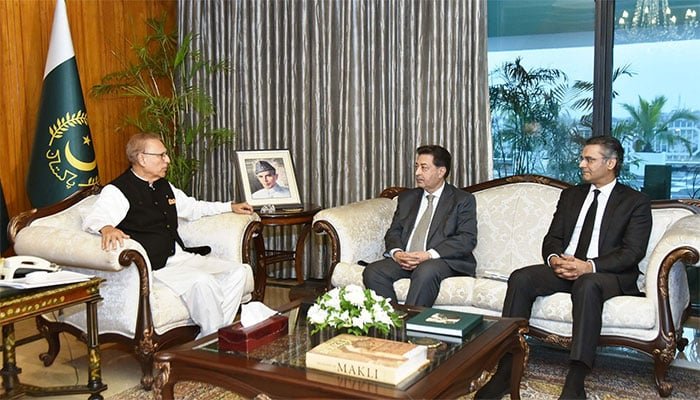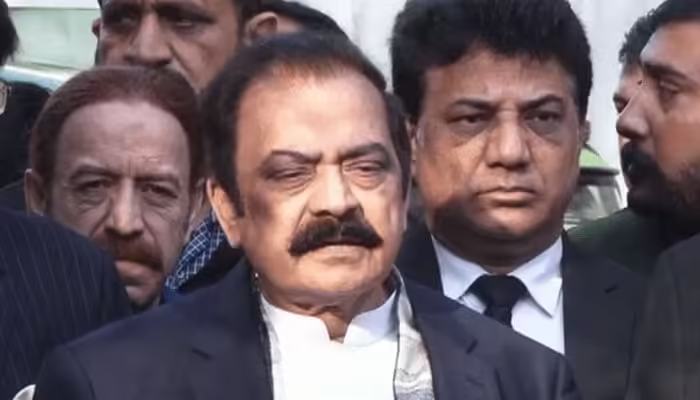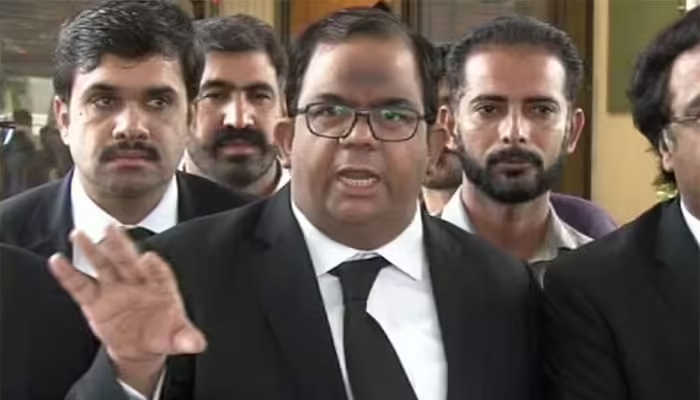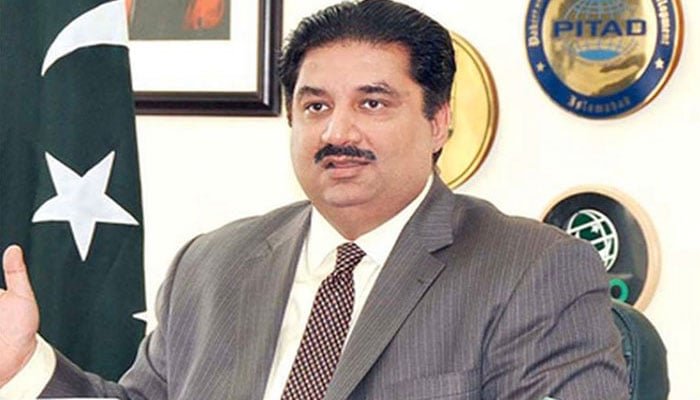A heated internal discussion unfolded between President Arif Alvi and Chief Election Commissioner Sikandar Sultan Raja regarding the date of Pakistan’s upcoming general elections, highlighting a significant disagreement within the country’s highest authorities. The disagreement came to light after reports suggested that the President and the Election Commission officials had conflicting views on when the elections should be held.
The crux of the issue revolved around the election date. The Election Commission recommended February 11 as the date for the general elections. In contrast, President Arif Alvi pressed for holding the elections on February 4, immediately after the completion of the electoral process.
It is important to note that the President’s recommendation for February 4 came just after the electoral process was expected to conclude, leaving little room for delay. The Election Commission’s proposal for February 11 offered a slightly more extended timeline to accommodate potential logistical and operational challenges.
As the clash of dates emerged, there was a notable lack of consensus between the two significant authorities. The Election Commission was committed to the February 11 date, while President Arif Alvi was determined to proceed with the elections on February 4.
However, the lack of agreement between these two prominent entities led to a compromise. Instead of settling on either February 4 or February 11, both parties agreed to a mid-point date, which was suggested as a compromise between the two conflicting timelines. In light of the ongoing discussions and the need for a unified decision, they jointly proposed an election date that fell between these two conflicting dates.
Ultimately, the two sides reached an agreement on February 8 as the new date for Pakistan’s general elections. This compromise ensured that the elections would take place a few days later than initially proposed by the President but slightly earlier than the Election Commission’s recommended date. The agreement emphasized the importance of coming together for the successful conduct of the elections, which are crucial for Pakistan’s democratic process and governance.
This internal disagreement between the President and the Election Commission raised questions about the division of responsibilities and decision-making processes when it comes to setting election dates in Pakistan. It underscored the importance of having clear guidelines and communication channels between these key institutions to ensure a smooth electoral process.
As the date for the general elections was officially set on February 8, the public and political parties could now move forward with their campaign preparations and election strategies. The compromise, while not aligning with either of the initial proposals, represented a significant step toward consensus and cooperation between these influential entities.
While the internal discussion between the President and the Election Commission had its share of tensions and differences, the final decision to hold the elections on February 8 demonstrated a commitment to the democratic process in Pakistan. The entire episode highlighted the complexity of managing election logistics and timelines in a diverse and politically active nation, where each decision can have a profound impact on the country’s political landscape.
With the election date now officially determined, political parties and the Election Commission can focus on ensuring free, fair, and transparent elections. The compromise reached in the midst of this internal debate underscores the resilience of Pakistan’s democratic institutions and their ability to adapt and work together to navigate the intricacies of the electoral process.



